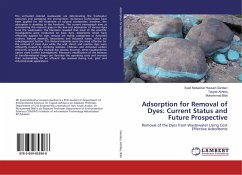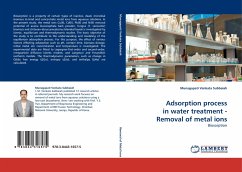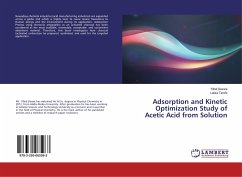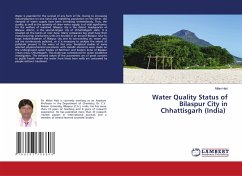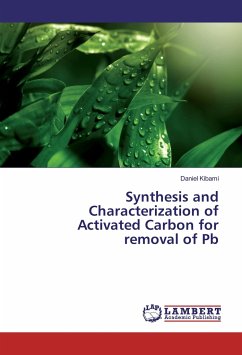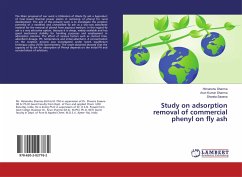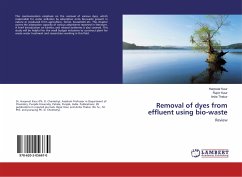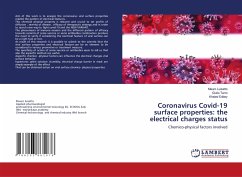The untreated colored wastewater are deteriorating the freshwater resources and damaging the environment. Numerous technologies have been applied for the treatment of colored wastewater; however, the adsorption is standing at the forefront. The current monograph aims at summarizing the research gaps in the low-cost adsorption of various dyes from the wastewater. The literature revealed that most of the scientific investigations were conducted on basic dyes. Adsorbents which have effectively applied for dyes removal are mainly categorized as Activated carbons, Natural materials, Biosorbents and Industrial waste, which are subcategorized further. The Natural materials were the most effective for the removal of basic dyes while the acid, direct and reactive dyes were efficiently treated by nonliving biomass. Chitosan and Activated carbon efficiently removed the multiple dye solutes; however, other bioadsorbents option need further investigations. Moreover, modification of the biomass at transformational stages can decrease the operating costs and increase their sustainability for an efficient dye removal during Lab, pilot and industrial-scale applications.

